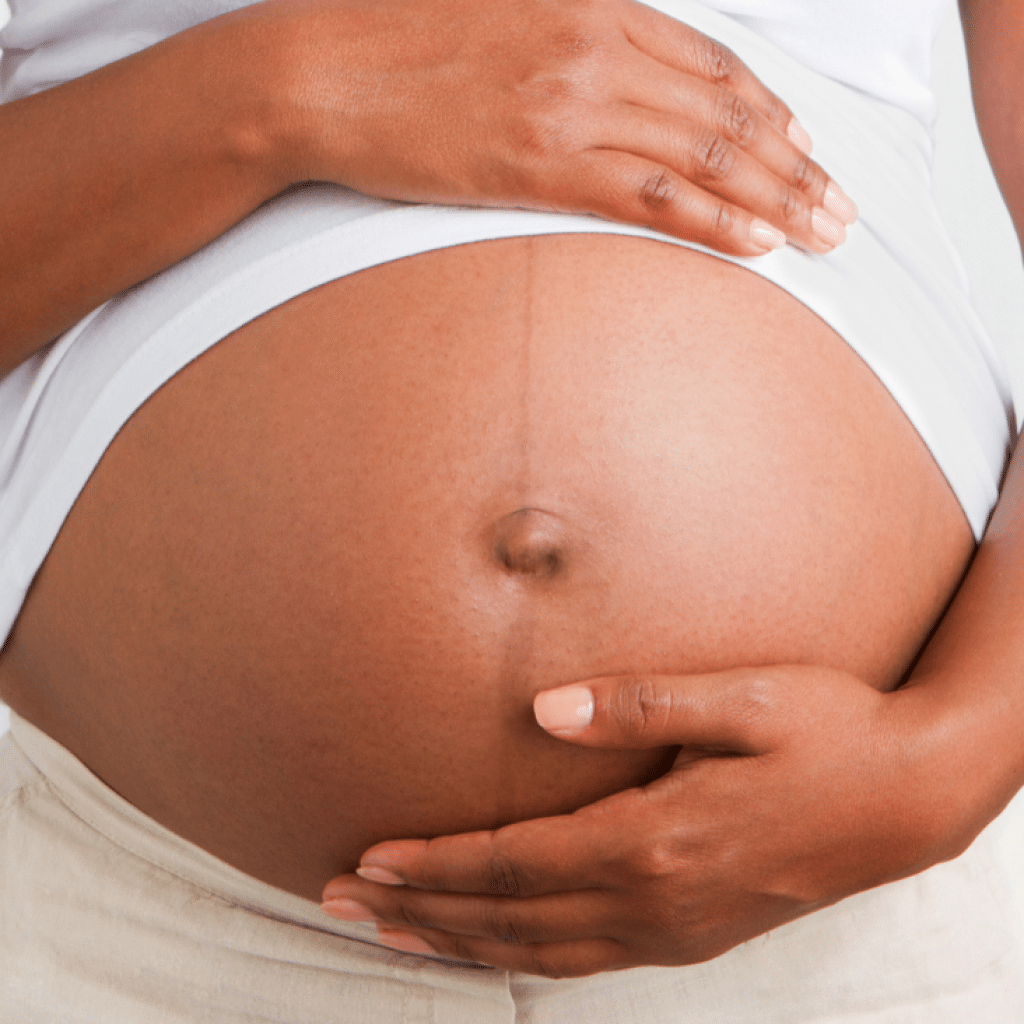Pre-eclampsia is a condition that can affect pregnant women most commonly after week 20 of their pregnancy or soon after they have delivered their baby.

The early signs are protein in your urine and high blood pressure, which is why your midwife will routinely check this during your antenatal appointments.
Other symptoms that can develop include:
- severe headache
- problems with vision such as blurring or flashing
- vomiting
- sudden swelling of the face, hands or feet
- upper abdominal pain
Most people only experience mild symptoms but if it isn’t treated it can lead to serious complications for both mum and baby if it is untreated so it’s important it is diagnosed and monitored.
According to the NHS, the earlier symptoms of pre-eclampsia are present the more severe the condition will be.
You are more at risk of pre-eclampsia if you:
- are overweight
- have had kidney disease
- have diabetes have
- high blood pressure
If you’ve had pre-eclampsia or high blood pressure in a previous pregnancy you may also be more at risk.
Other factors that can slightly increase the risk include:
- a family history of pre-eclampsia
- if you’re aged over 40
- it’s been more than 10 years since your last pregnancy
- if you are expecting multiple babies
- if your BMI is 35 or higher
If you have 2 or more of these together your chances are higher.
What causes it?
The exact cause of pre-eclampsia isn’t known however it’s thought it occurs when there’s a problem with the placenta.
Signs in the unborn baby
The main sign of pre-eclampsia in the unborn baby is slow growth caused by a lack of blood supply through the placenta. The baby receives less oxygen and nutrients, which can lead to a reduced growth rate. If your baby is growing slower than usual the midwife will normally be able to pick this up during your antenatal appointments.
Treatment
If you’re diagnosed with pre-eclampsia you’ll be referred to a specialist at hospital where they’ll do further tests to see how severe it is. Pre-eclampsia will only be cured by giving birth to your baby, so you’ll be monitored closely until it’s possible to deliver your baby. You’ll need to attend regular appointments so you can be monitored and in severe cases you may need to be admitted to hospital.
To read more about pre-eclampsia on the NHS website click here.
